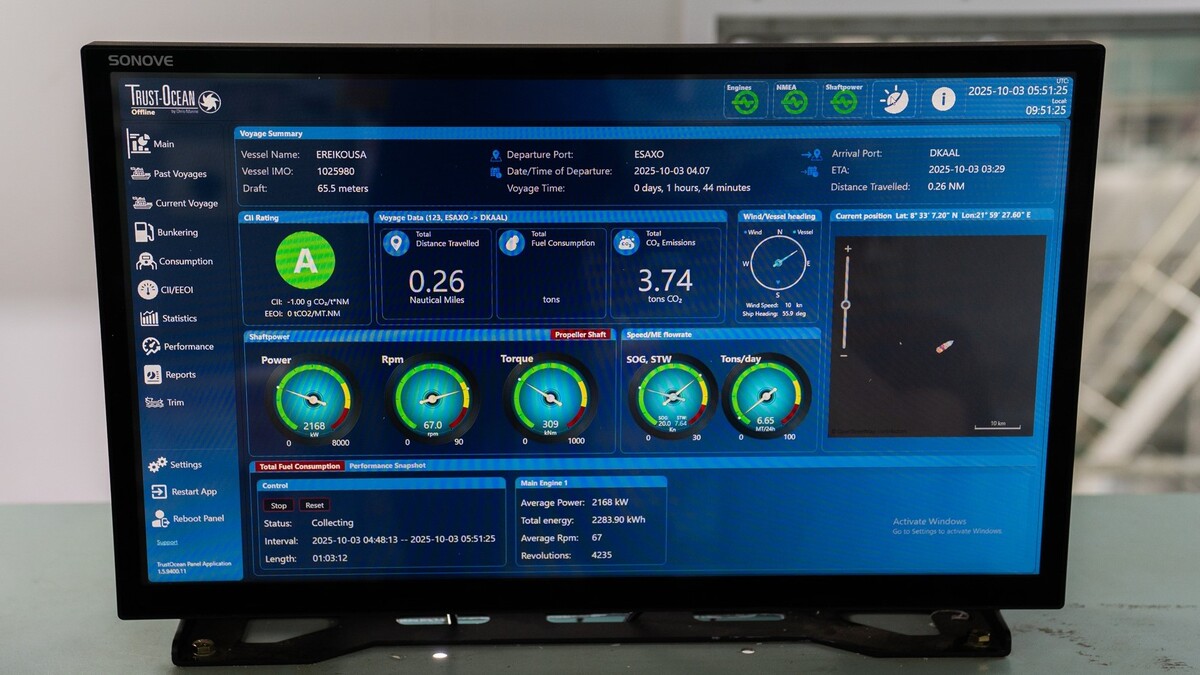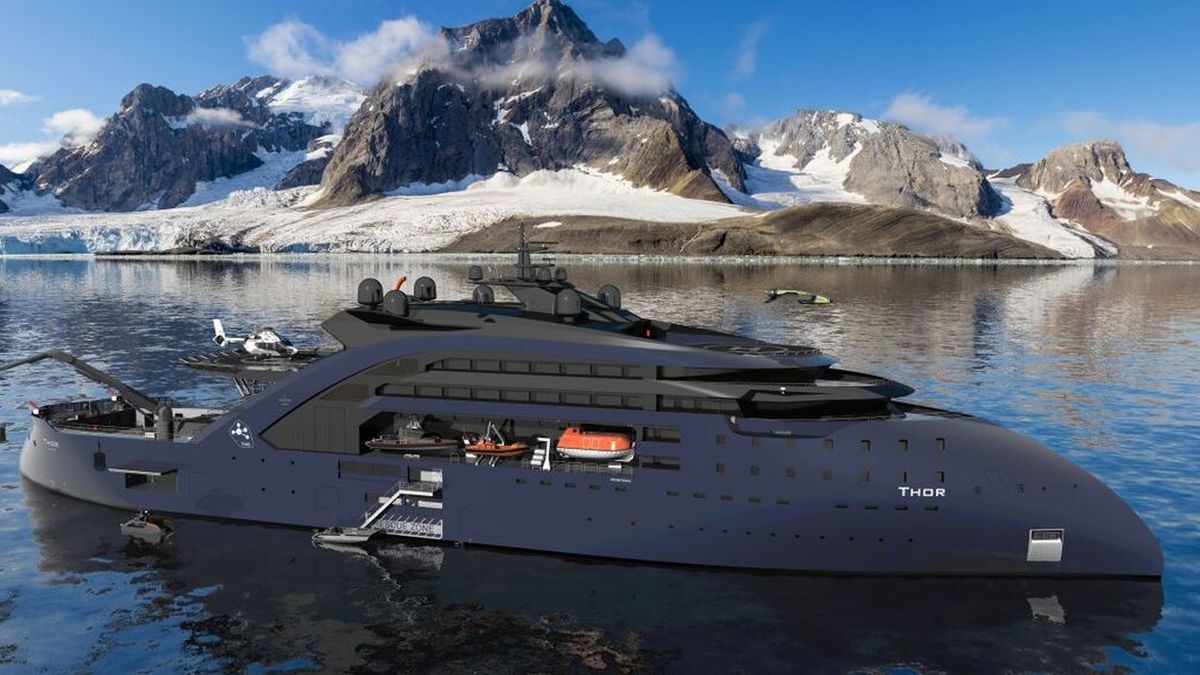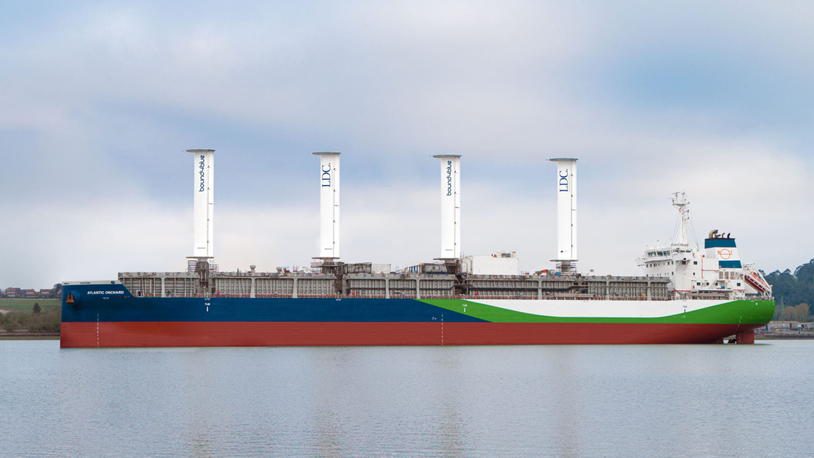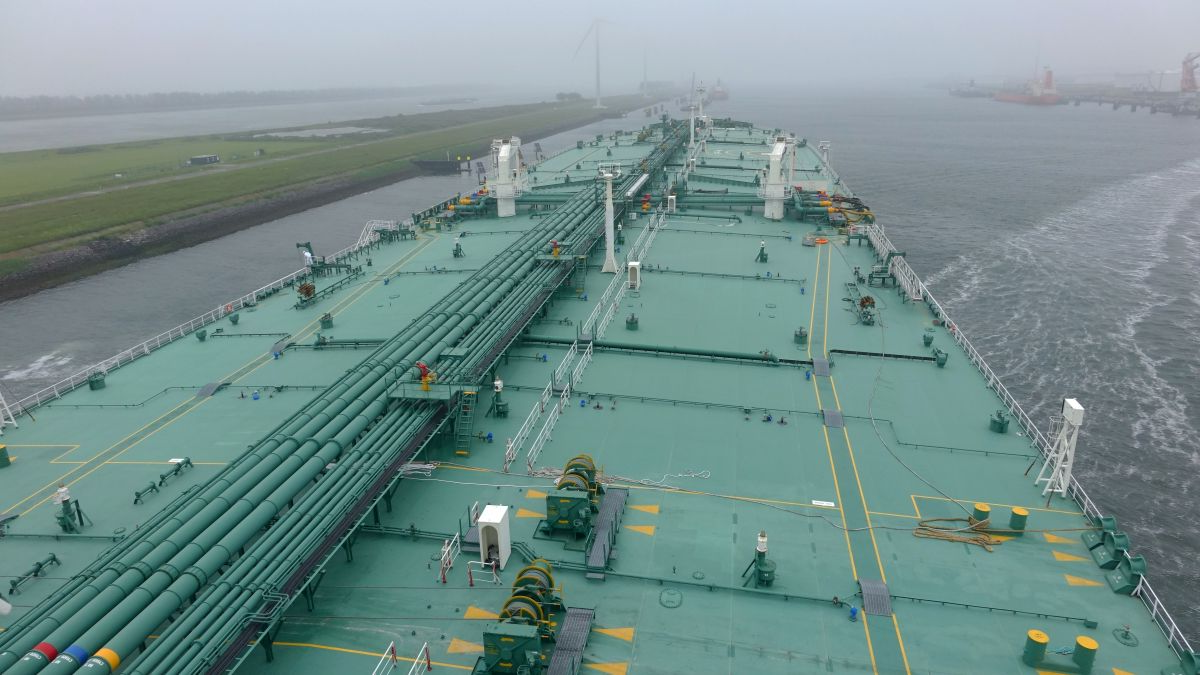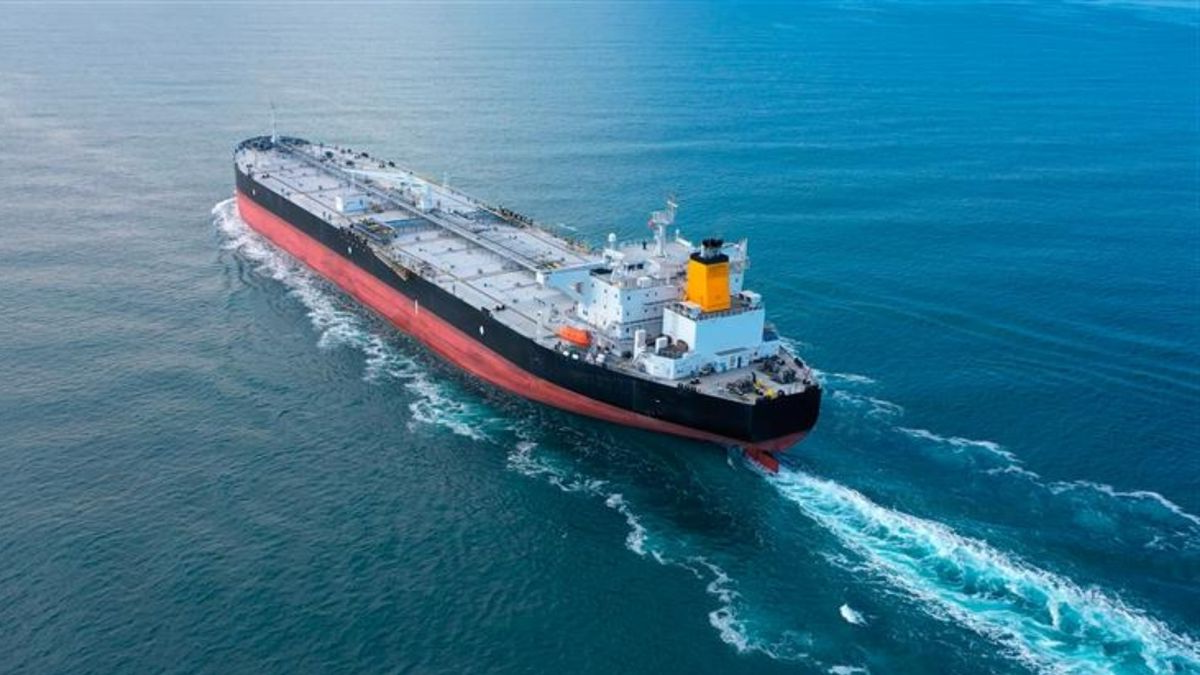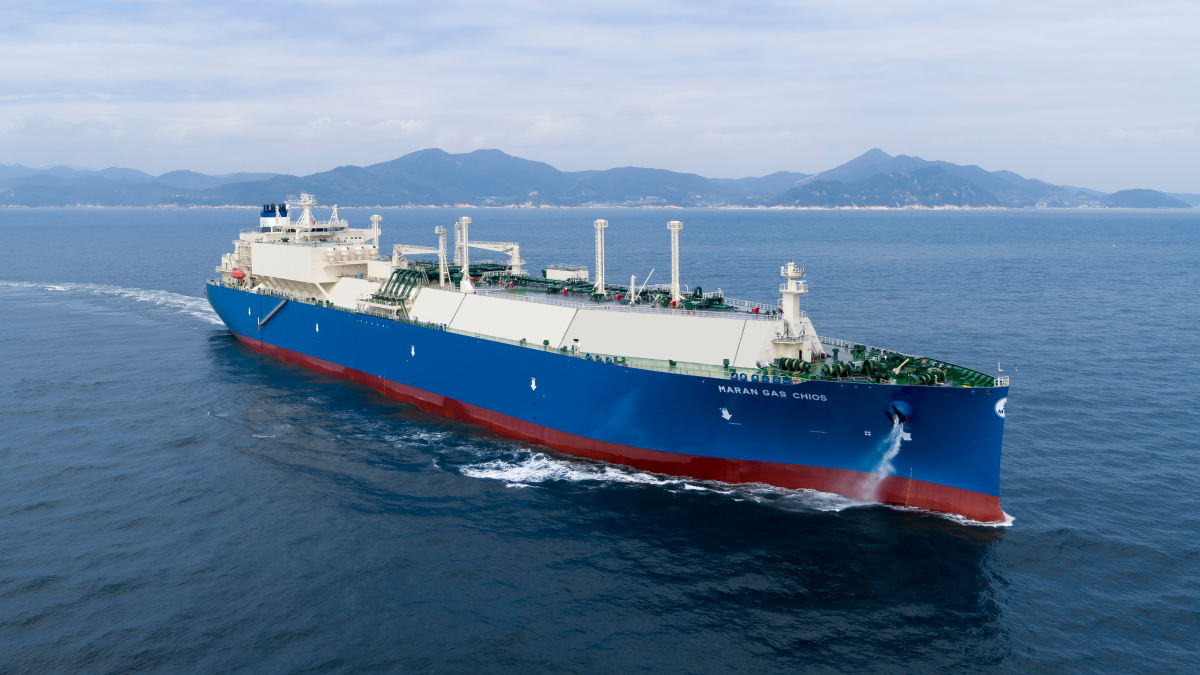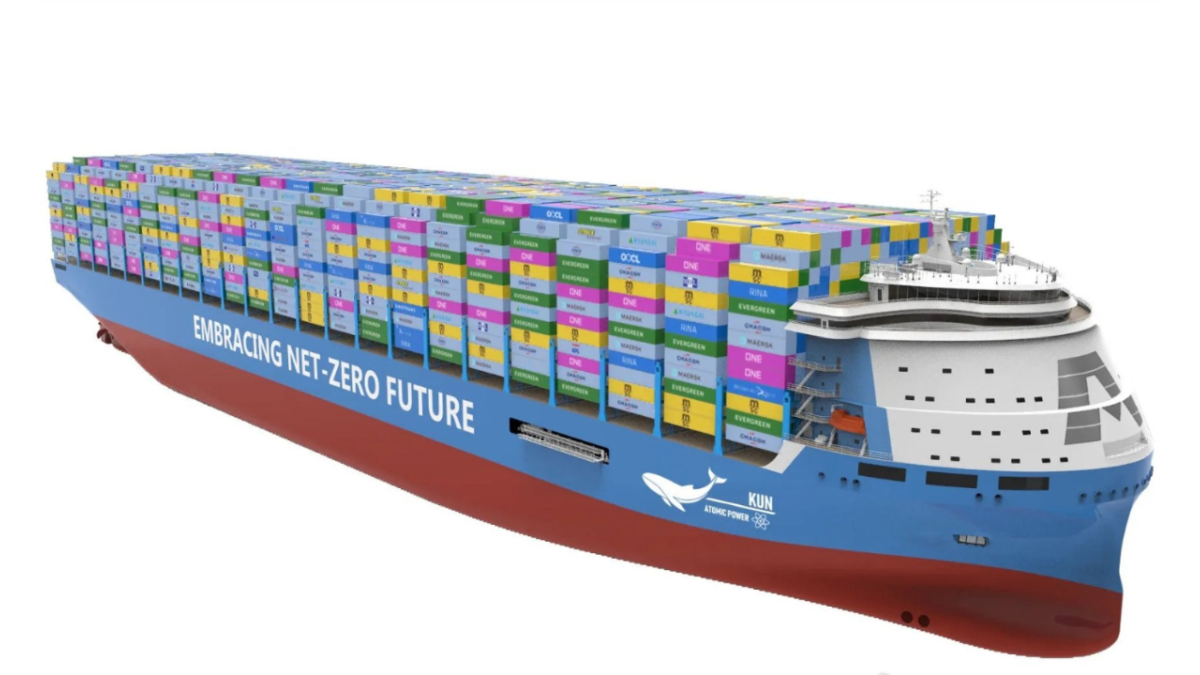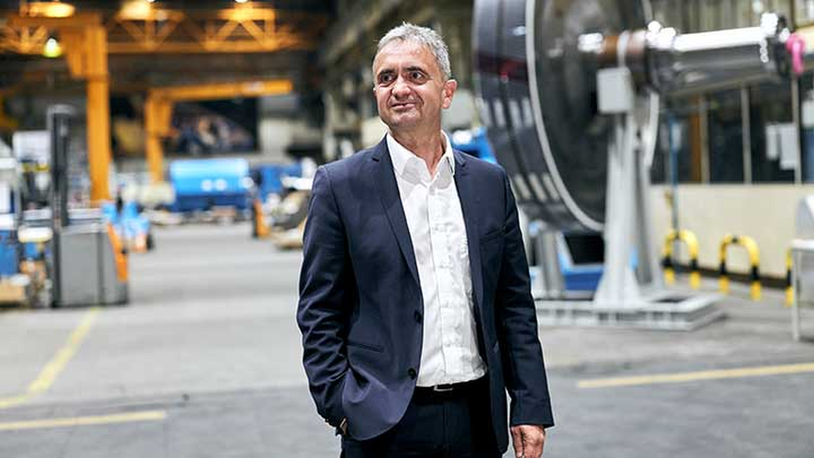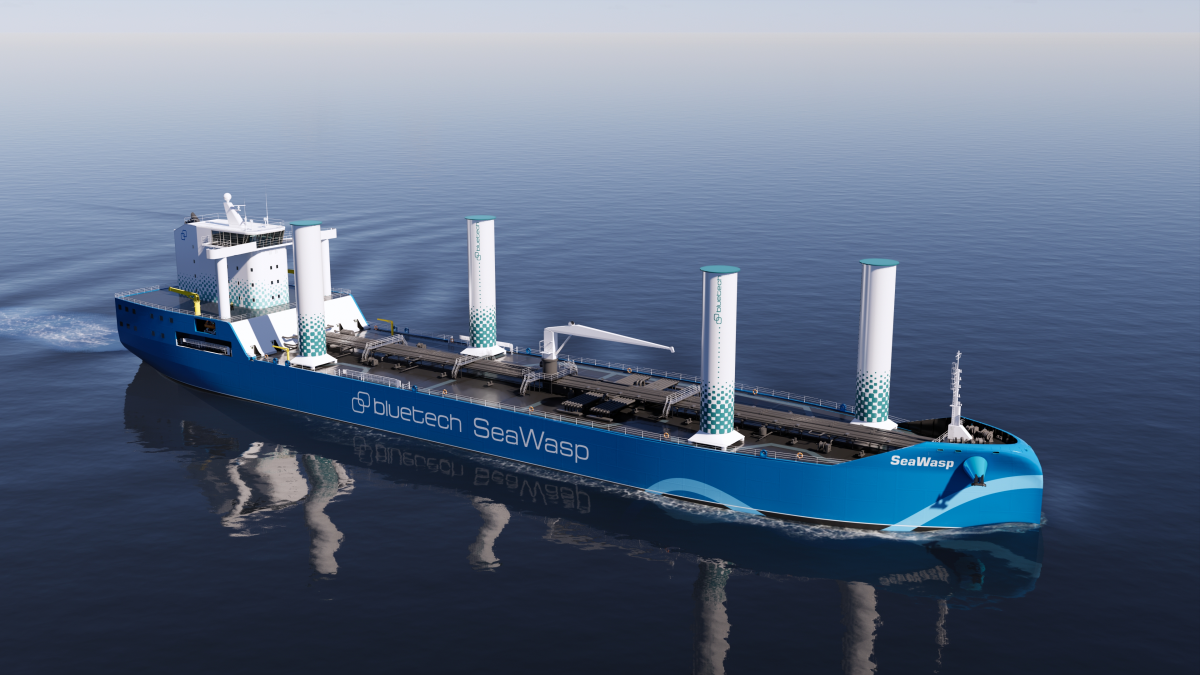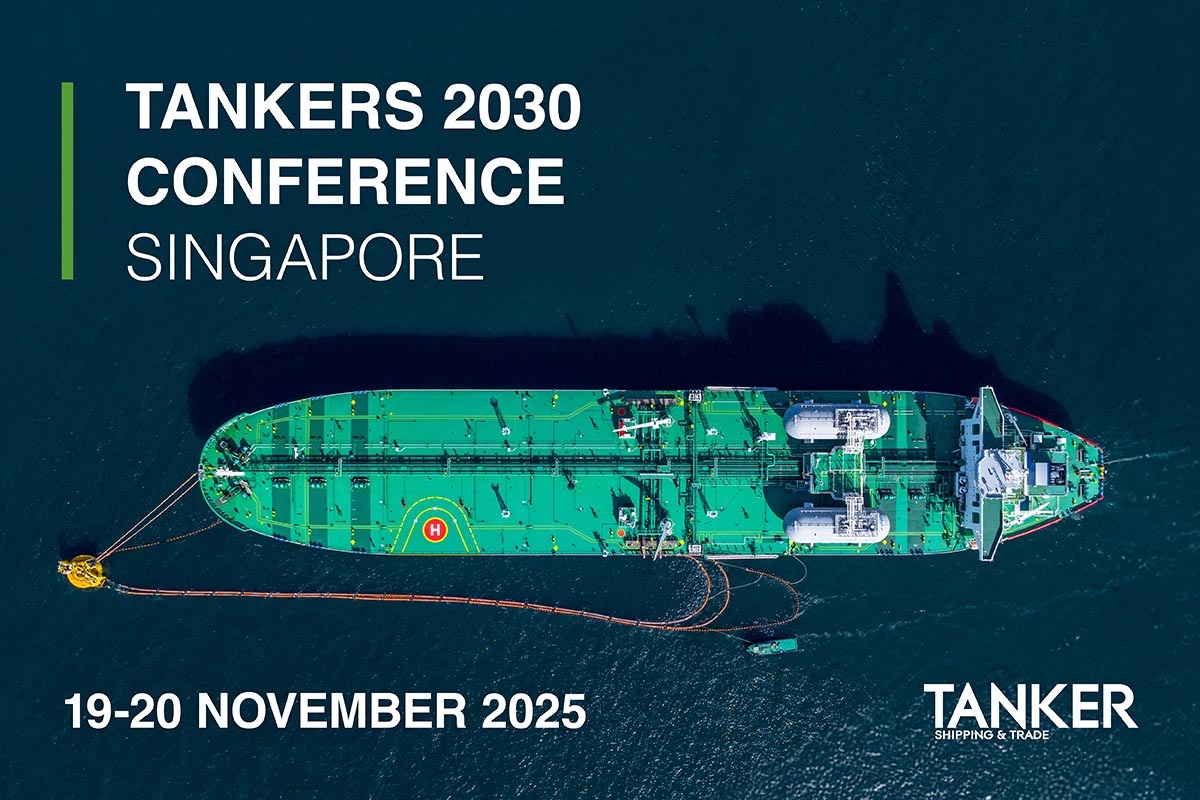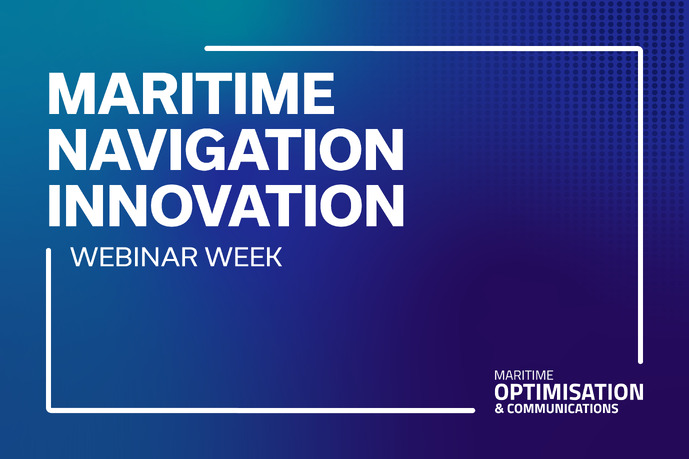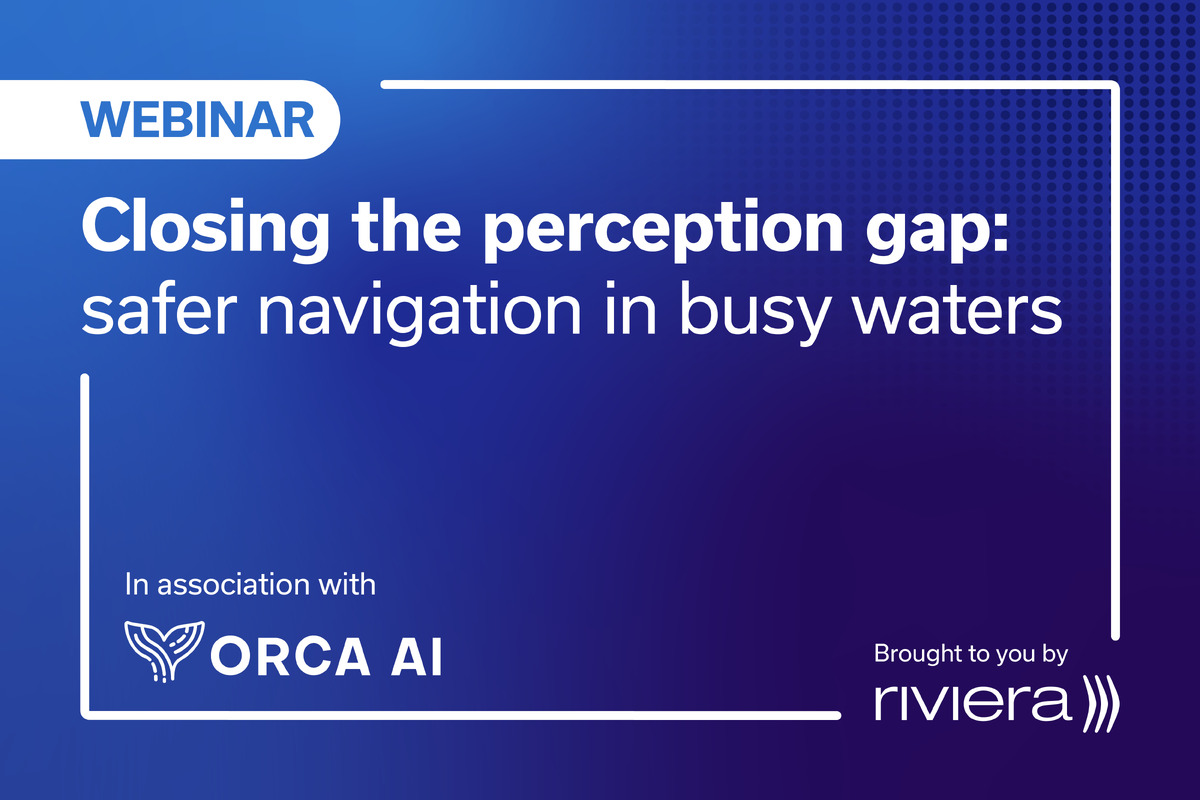Business Sectors
Contents
Ulstein launches thorium molten salt concept for zero-emissions cruises
Ulstein reveals why thorium molten salt will allow the cruise industry to reach zero emissions
Ulstein has published a concept design for a vessel powered by a thorium molten salt reactor (MSR) that could enable zero-emissions cruise operations by operating as a mobile power charging station for battery-driven cruise ships
Named Ulstein Thor, the 149-m 3R (replenishment, research and rescue) design will feature the MSR to generate excess electricity. This enables the vessel to operate as a mobile power charging station for battery-driven cruise ships.
To demonstrate its feasibility, Ulstein has also developed the Ulstein Sif concept, a 100-m, 160-person-on-board (80 passengers) capacity, zero-emissions expedition cruise ship. This Ice Class 1C vessel will run on next generation batteries, using Thor to recharge while at sea.
Ulstein believes the concept design may represent a missing piece in the zero-emissions puzzle for a broad range of maritime and ocean industry applications.
Explaining why batteries and thorium molten salt were chosen, Ulstein senior naval architect Torill Muren explained to PST, “When it comes to methanol, ammonia and hydrogen, you do not get the range you need. But after discussions with suppliers, it seems we will see a new generation of batteries in around five years, so at that point we will have much more battery capacity but we still may not have a full range. If you have a power station like Thor, you will have 25 years of fuel.”
She singles out that in remote areas like Antarctica, there will not be a charging station and this is where Thor can step in. “You can refuel with its electricity and if you have a service vessel that is multi-functional, then you could carry out research and rescue in those areas, in case of an accident.”
Highlighting the challenges, she said, “Thorium molten salt has not been commercialised yet and there has been political discussion because it is seen as nuclear. But thorium molten salt is very different, there is much less radioactive waste and is much safer – it is much, much better than normal nuclear power.”
MSRs are safe, efficient and operationally proven solutions that work by dissolving thorium – an abundant, naturally occurring metal with low radioactivity – in liquid salt. The ensuing chain reaction heats the salt, producing steam to drive a turbine and create electricity. Although developments on land are well documented, its potential for delivering clean maritime power has yet to be incorporated into a vessel design.
Thor’s charging capacity has been scaled to satisfy the power needs of four expedition cruise ships simultaneously. Thor itself would never need to refuel. As such, Thor is intended to provide a blueprint for self-sufficient vessels of the future.
It is not the first time thorium molten salt has been investigated for the maritime sector. Ms Muren said in the 1950s tests were conducted on it, but switched to uranium.
She explained, “It is time to take this discussion, but our country is reluctant as they think anything nuclear is dangerous. But it is very safe if you do it the right way.”
There are projects currently which are pushing thorium molten salt forward, including discussions in the local university near Ulstein, which has started a project on thorium reactors.
Ms Muren emphasised the case for mixing batteries and thorium molten salt. “It is the way to get shipping to zero emissions at some point.”
She said they started discussions on thorium, to start progress with political discussions and to get regulations governing its use in place. Ulstein is already in discussions with a company developing thorium molten salt generators.
She said, “It will take some time, but it is important to get discussions going as otherwise it could postponed.”
There are other benefits to using MSRs. Ms Muren explains that excess heat can also be taken and used to power other technology on the ship, including production of freshwater.
.
“We have the goals, ambition and environmental imperative to switch to zero-emissions operations, but, until now, we haven’t had the solution,” said Ulstein chief executive Cathrine Kristiseter Marti. “We believe Thor might be the answer we have been looking for. Thor is essentially a floating, multi-purpose ‘power station’ that will enable a new battery revolution.
“Expedition cruise ships operate in increasingly remote, and environmentally fragile areas. At the same time, the industry faces growing pressure from diverse stakeholders to preserve nature as it is and ban the environmental impact of cruising. Thor enables replenishment of energy and supplies on site, while also boasting the technology to facilitate rescue operations as well as conducting research tasks. It is, in effect, a crucial piece of infrastructure to support sustainable and safer operations. Thor literally has the power to change our entire industry.”
Speaking about the suitability of thorium MSRs as an energy source for maritime applications, Norwegian University of Science and Technology professor Jan Emblemsvåg, an expert in the field of thorium and nuclear power generation, noted, “MSRs have enormous potential for enabling clean shipping. There is so much uncertainty over future fuels, but here we have an abundant energy source that, with the right approach, can be safe, much more efficient, cheaper, with a smaller environmental footprint than any existing alternative.
“From my perspective I see this as the most viable, and potentially the only credible solution for a zero-emissions fleet that can operate under commercial terms and cost levels. The Thor concept is exactly the kind of innovation we need for sustainable success at sea.”
Both Thor and Sif feature Ulstein’s X-Bow design, created for greater operability, comfort, operational functionality and fuel efficiency.
Thor features helicopter pads, firefighting equipment, rescue booms, workboats, autonomous surface vehicles and airborne drones, cranes, laboratories, and a lecture lounge.
The expedition cruise vessel Sif can accommodate up to 80 passengers and 80 crew, offering silent, zero-emissions expedition cruises to remote areas, including Arctic and Antarctic waters.
Maritime Air Pollution & Fuel Technologies Conference, Europe will be held 18-19 May 2022. Details and tickets can be found here
Related to this Story
Events
International Bulk Shipping Conference 2025
Tankers 2030 Conference
Maritime Navigation Innovation Webinar Week
© 2024 Riviera Maritime Media Ltd.

